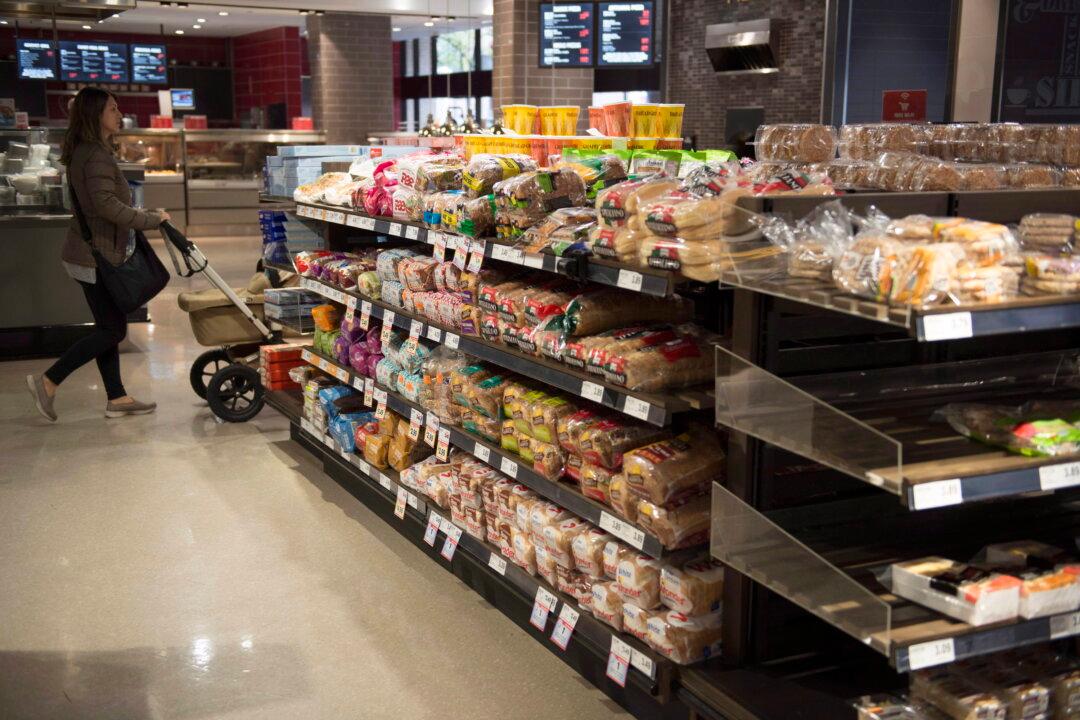The major political parties haven’t adequately addressed Canada’s affordability problems in the federal election campaign, and voters should demand that politicians tackle issues such as the rising cost of living, housing shortages, and declining economic growth, experts say.
According to a poll by Maru Public Opinion published Aug. 19, the top issue for Canadians (28 percent) going into the election is for government “to make the cost of living and affordability better for themselves and/or their family.”





